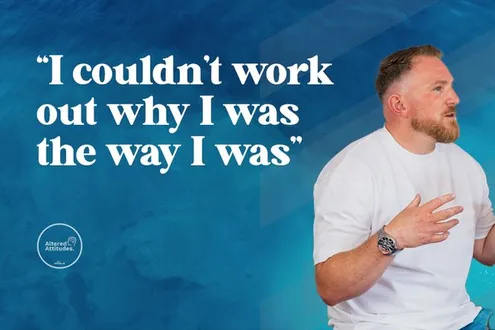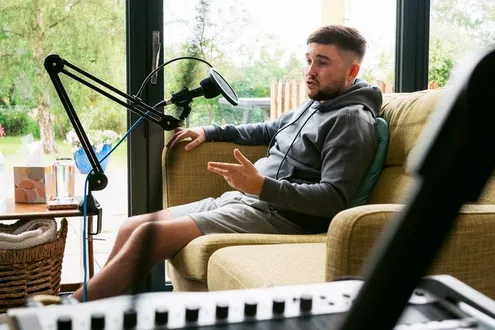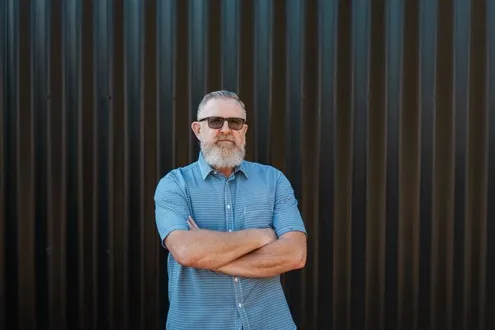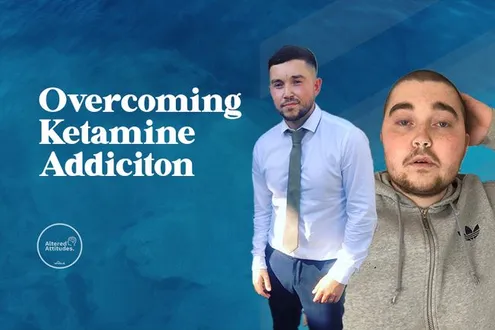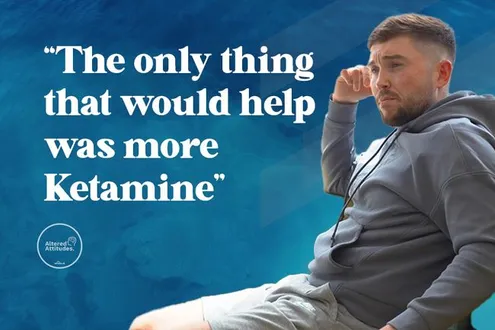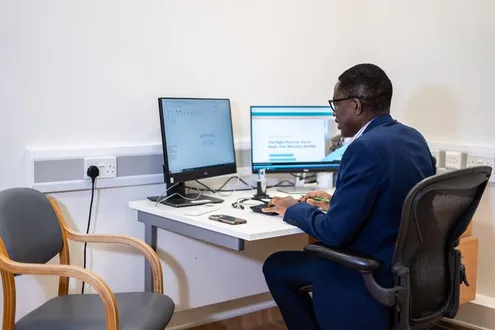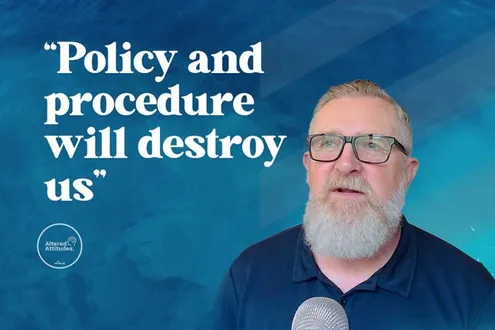1. The First Step is Reaching Out: Whether you're seeking help for yourself or someone close to you, taking that initial step to reach out is a significant and brave decision. We are here to offer support and guidance. Our fully trained Treatment Advisors will listen to all your concerns and understand the complexities of addiction. Yours and your loved ones needs are at the forefront of our approach as we work together to navigate the road to recovery.
2. Choosing the Right Rehab: We recognise that finding the right rehabilitation centre or outpatient treatment programme is crucial in shaping the recovery journey. It can feel overwhelming when researching what to expect from inpatient rehab vs outpatient rehab. Our purpose is to assist you or your loved one in selecting a rehab clinic or treatment plan that aligns with the specific needs and preferences that are required. By carefully considering various factors, including the type of addiction, treatment methodologies, and environment, we collaborate to ensure that the chosen treatment plan or facility becomes a cornerstone in the path to recovery.
3. Detoxing in a Safe and Secure Environment: Detoxification is a critical phase in the recovery process, particularly for substance abuse and alcohol addictions. We advocate for detoxing in a safe and secure environment with medical assistance. Whether this is a home detox or detoxing within a rehab, this approach helps combat and manage post acute withdrawal syndrome (PAWS) and ensures a more comfortable and medically supervised detox experience, setting the stage for a successful recovery journey.
4. A Unique Treatment Plan: Recognising that no two individuals are the same, we emphasise the importance of a personalised treatment and therapy plan. Regardless of the chosen rehab, yours or your loved ones journey to recovery will be uniquely tailored to address your specific needs and preferences. This individualised approach increases the effectiveness of the treatment and promotes lasting recovery and helps prevent relapse.
5. Maintaining Recovery: Understanding that addiction is not a condition that can be cured overnight, our commitment extends beyond the initial rehabilitation period. Ongoing support is paramount to sustaining recovery in the long term. A continued recovery plan that includes face-to-face counselling, online therapy and support groups can be really valuable when adjusting to life after rehab or addiction treatment. We provide resources, recovery coaching, and a supportive community to empower individuals in their ongoing journey towards a healthier and addiction-free life.
6. Aftercare: We believe aftercare is a vital resource when providing any kind of addiction treatment and that's why as standard we have our own in-house aftercare programme which consists of support groups for both the individual involved but also their family.
At our core, we believe in the transformative power of personalised care, compassionate support, and evidence-based practices.
"Support from Hannah and Scott has been wonderful. They have both been very helpful in always being just a phone call away. Both allayed any fears and concerns I had in assisting my partner through the journey." - Elaine P.
Contact us today to take the first step towards a brighter, healthier future.
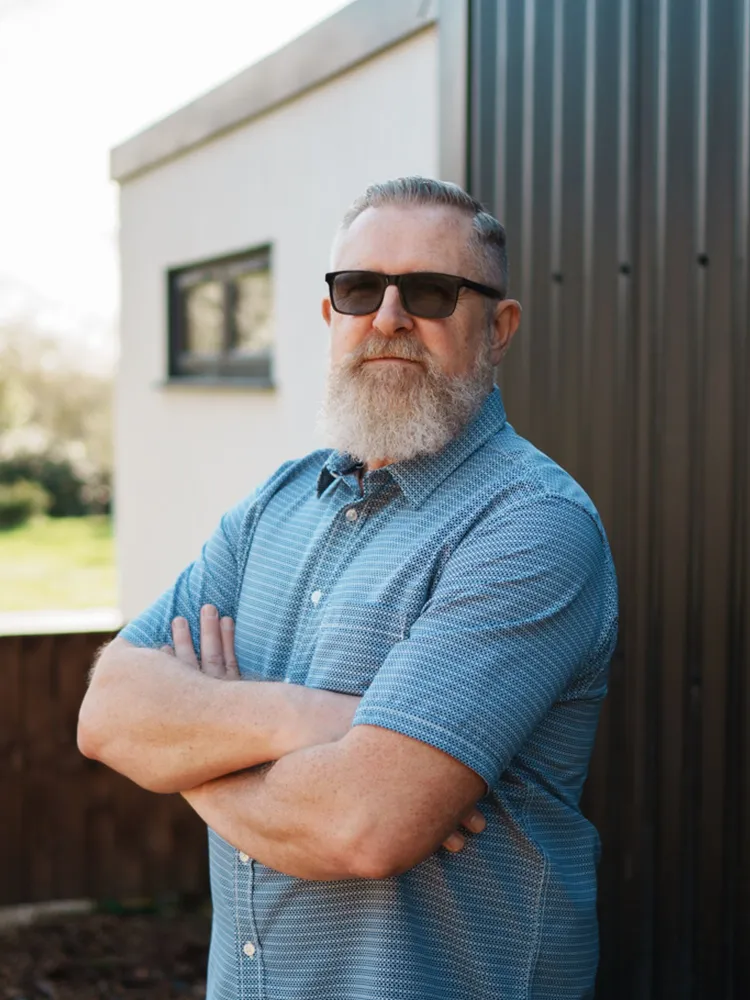
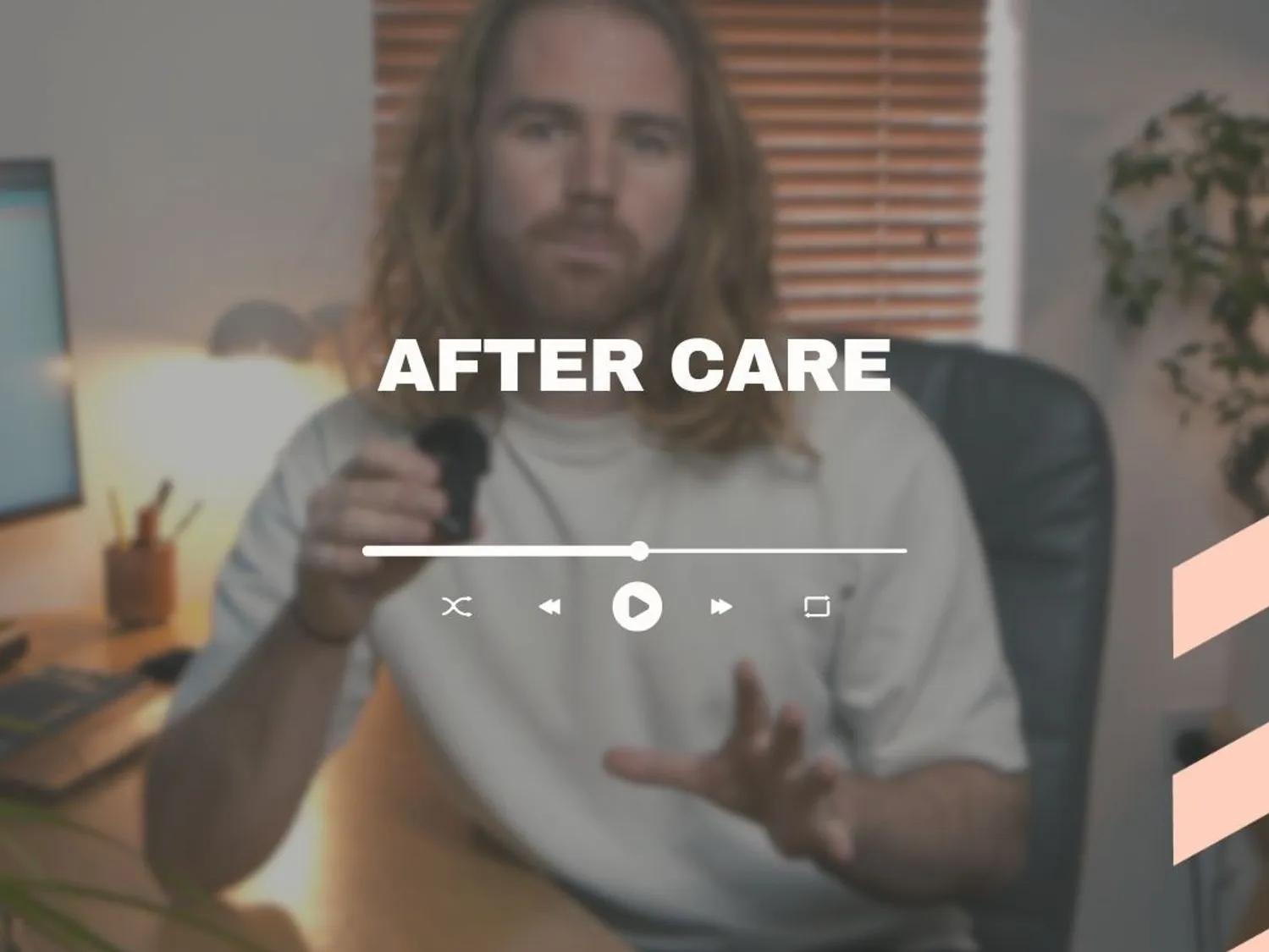
How does it work? What’s the process and what's involved?
Our process typically starts with a free assessment with one of our treatment advisors to understand the individual's situation, preferences, and location. This assessment helps us tailor a treatment plan that fits their personal needs, taking into consideration their unique circumstances.
How do you know if someone is suitable for treatment?
Suitability is determined through a comprehensive evaluation, considering the individual's history of addiction, physical health, and mental health (dual diagnosis). This assessment helps identify the most appropriate treatment approach.
What kind of treatment will they need?
Treatment plans are customised based on the individual's needs, with considerations for their budget and overall suitability. Our expert treatment advisors play a pivotal role in putting together comprehensive plans that address specific challenges.
What is addiction or dependency?
Addiction or dependency is a complex condition characterised by the compulsive use of a substance or engaging in a behaviour despite harmful consequences. It often involves physical and psychological dependence. If your loved one is physically dependent on a substance they will need a detox to tackle withdrawal symptoms in the first instance.
What happens during treatment?
Treatment typically involves a combination of therapy, counselling, medical support, and possibly medication. The focus is on addressing the underlying causes of addiction and developing coping strategies for a sustained recovery.
What happens after treatment?
After treatment, ongoing support is crucial. Rehabs UK's aftercare includes participation in online Recovery Support Groups, WhatsApp groups, recovery coaching, and regular check-in calls to support individuals maintain their sobriety.
Can I get funding?
Funding options vary, but local drug and alcohol authorities may provide financial assistance however this is very limited due to ongoing cuts in addiction treatment. Private treatment is often quicker and more immediately accessible, though it may come with its own cost considerations.
What support is available?
Various forms of support are available, including recovery support groups, assistance from treatment advisors, and participation in fellowship groups.
How can I get my loved one to accept help?
Interventions can be an effective way to encourage a loved one to accept help. Our treatment advisors (TAs) can provide guidance and support throughout the intervention process.
Can I force someone into rehab?
Generally, forcing someone into rehab may not be the most effective approach and the majority of facilities will only accept someone who wants treatment. It's often more successful to encourage and support someone in recognising the need for treatment and that's where interventions can be particularly useful.
Can my teenager go to rehab?
Yes, there are rehab programmes specifically designed for teenagers. These programmes address the unique challenges and considerations of adolescents struggling with addiction. Our treatment advisors can always offer advice on how to speak to your teenager about drug or alcohol addiction.
Is there any support for us as family members?
Families receive support through our online family talk support group, WhatsApp group, and assistance from our treatment advisors.
Are there any treatments/facilities that aren’t 12 steps?
Yes, we collaborate with therapists and facilities that offer alternative approaches beyond the traditional 12-step model, including holistic methods and retreats.
My loved one has ADHD, are there specialist rehab facilities that can help support?
Adults with ADHD are almost three times as likely to suffer from substance abuse than those who don't. Due to this, the majority of residential rehabs are able to accommodate those who have ADHD and will provide any additional support the individual involved may need.

